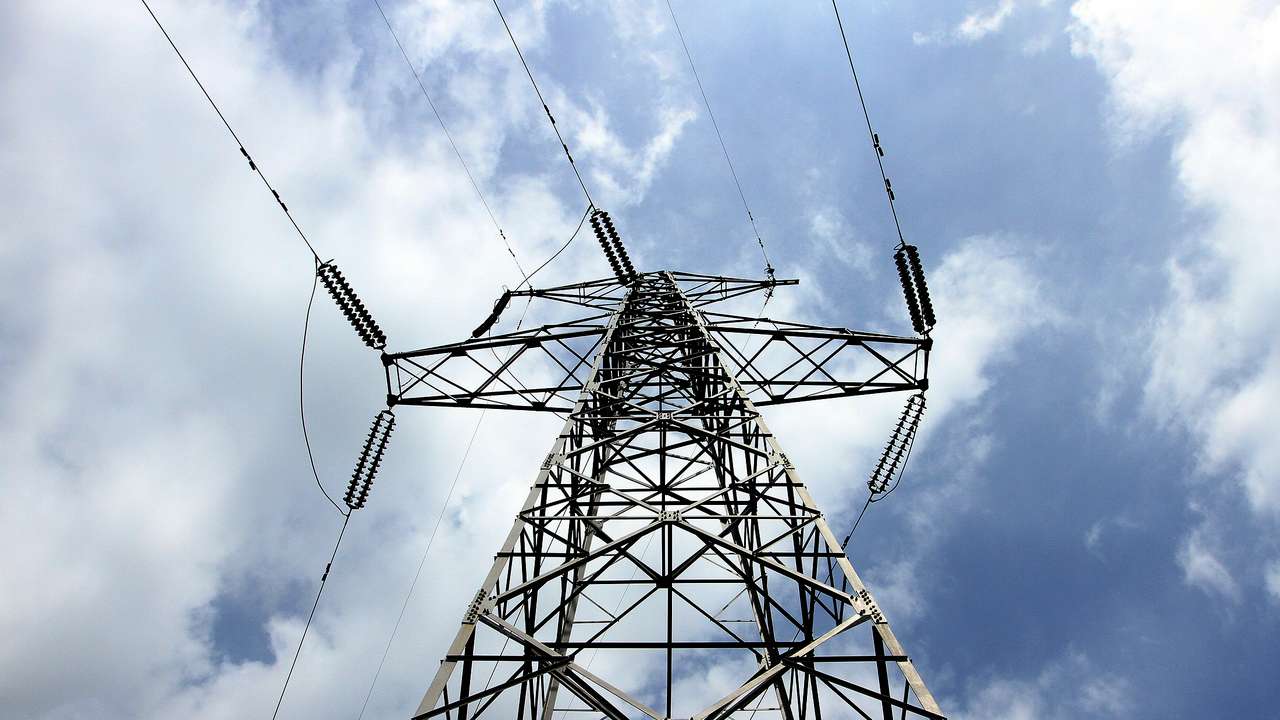South Africa marks 100 days without load shedding for the first time since 2020

For the first time since 2020, South Africa, the continent’s most industrialised country, has celebrated 100 consecutive days of uninterrupted power supply, avoiding the notorious load shedding that has plagued the nation.
This milestone, achieved by state-owned utility Eskom, marks a significant improvement in the country's energy reliability.
Eskom reported a substantial reduction in diesel expenditure for Open Cycle Gas Turbines (OCGT), saving approximately R6.2 billion (approximately $1.1 million) from April 1 to June 30 compared to the same period last year, The Citizen South Africa reports.
"If we maintain our trajectory on reduced diesel spend, it will be a strong driver in a possible return to profit in FY25," said Eskom’s group executive for generation, Bheki Nxumalo.
The achievement is credited to several targeted initiatives, which have reduced unplanned outages in Eskom’s generation fleet from 18,000MW to an average of 12,000MW, showing an improvement of 6,000MW since May 2023.
This enhanced reliability and performance is the result of Eskom’s Generation Operational Recovery Plan, launched in March 2023, and aggressive planned maintenance, made possible by financial support from the National Treasury’s debt relief scheme.
"This accomplishment is the result of our multi-dimensional Generation Operational Recovery Plan and the tireless efforts of our 40,000 dedicated and skilled Eskom employees," said Nxumalo. He added that maintaining a 70% Energy Availability Factor (EAF) and adding significant capacity within the country are crucial to ensuring adequate supply and avoiding future load shedding.
Eskom group CEO Dan Marokane acknowledged the significance of this milestone, especially given the intensity and frequency of load shedding in 2023.
"The ability to reach 100 days without load shedding is significant while acknowledging that the risk of load shedding still exists," he stated.